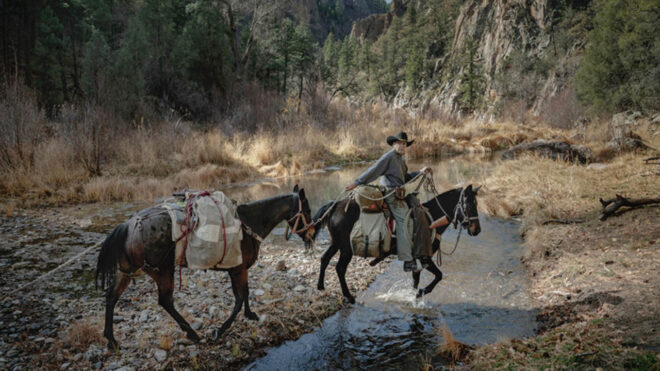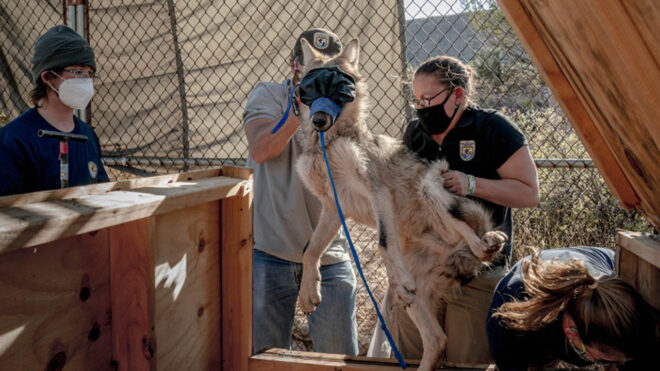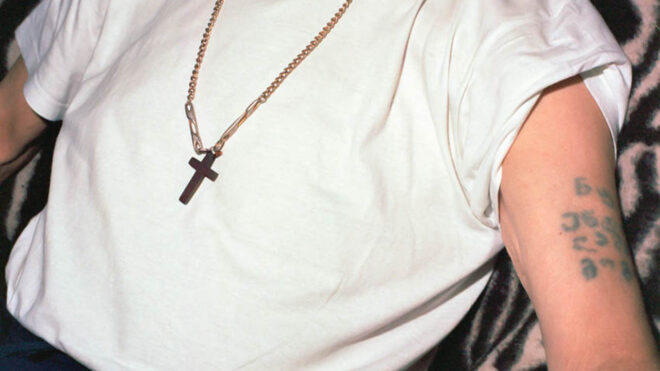World Photography Organization organized for the 17th time this year by Sony World Photography Awards 2024‘s overall winners have been announced. The award-winning, finalist and shortlisted works will be on display at the Sony World Photography Awards 2024 exhibition at Somerset House in London from 19 April.
Prestigious title of Photographer of the Year for his Spiralkampagnen series To Juliette Pavy given: ‘Forced Birth Control and Involuntary Sterilization of Greenlandic Women.’ Pavy won a cash prize of $25,000, a set of Sony digital imaging equipment, and the opportunity to present new work at the Sony World Photography Awards 2025 exhibition.
Pavy was selected from among the 10 Professional competition category winners announced at the awards ceremony, along with the 2nd and 3rd place finalists in each category. From timely stories reflecting our changing climate and relationship with the natural world to intimate depictions of individuals and communities, this year’s Professional competition winners and finalists represented an extraordinary diversity of photography from around the world.
The ceremony also featured the internationally renowned photographer who won this year’s Outstanding Contribution to Photography award and who pushed the limits of imagination in the last fifty years of his career with his distinctive black-and-white works. Sebastião Salgado also won an award. Salgado was awarded for his indelible contributions to the visual world of photography.
YOU MAY BE INTERESTED IN
Sony photographer of the year: Juliette Pavy
Spiralkampagnen: Juliette Pavy (FranceForced Birth Control and the Involuntary Sterilization of Greenlandic Women by ) is a documentary project exploring the serious and lasting effects of the involuntary birth control campaign implemented by the Danish authorities in Greenland in the 1960s and 1970s. This project focuses on the practice of spiralcampagnen, in which intrauterine devices are inserted into thousands of Inuit women, some as young as 12, without their consent. The project traces the origins of the practice to the present day, including an ongoing investigation by the Danish government.



